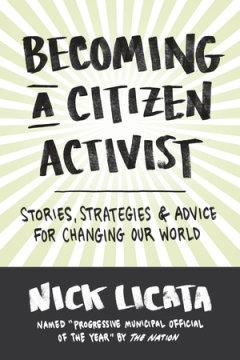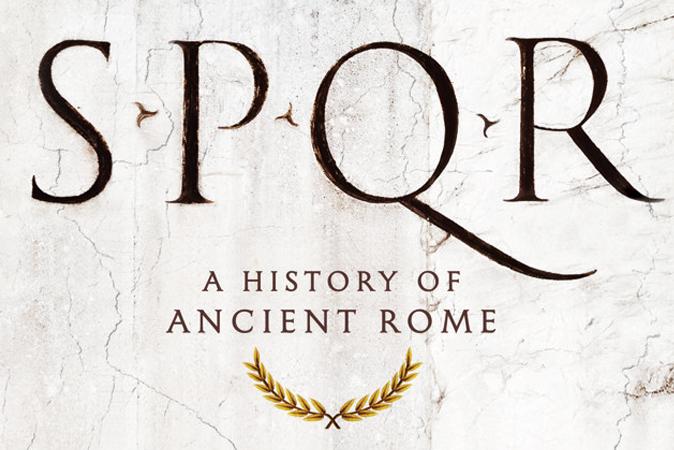So many people want to change the world, but so few people know how. In his new book “Becoming a Citizen Activist,” Seattle City Council member Nick Licata sets out to help the common man fight powerful entities like City Hall. Licata’s book is filled with applicable advice, and interesting stories of those who desired to change public policy for the better.
“Becoming a Citizen Activist” is a manual for the budding activist who wants to get his or her cause off the ground. It explains which methods of activism work well, which don’t, and why.
Licata writes that one of the best ways to become an activist is to become an active listener.






